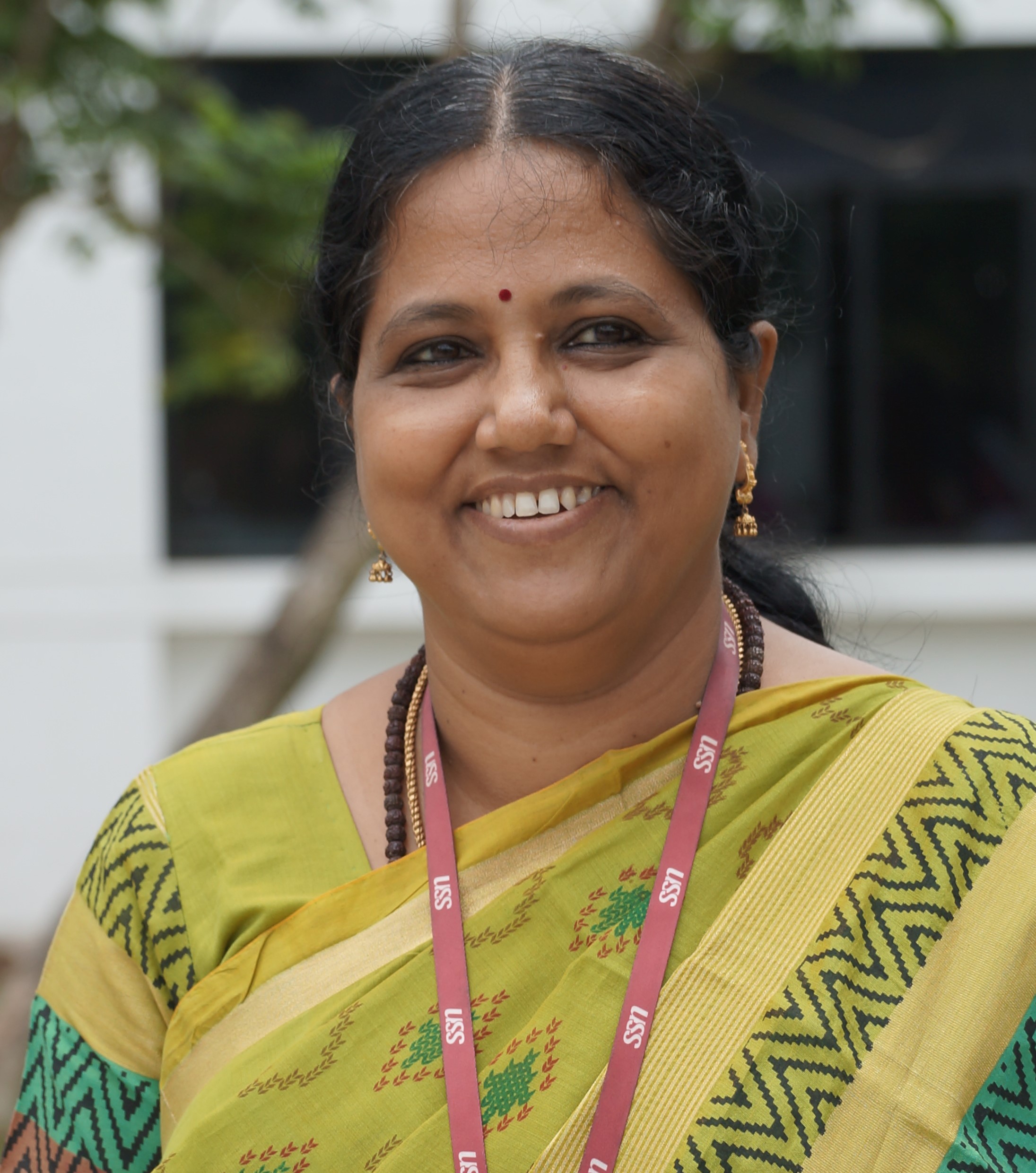About the Workshop
Artificial Intelligence (AI) is one of the disciplines of computer science that emerges in securing the Internet of Things (IoT) services. The AI techniques including machine learning, deep learning, and reinforcement learning approaches have been applied to emerging IoT applications in various fields such as smart city, smart home, smart grid, health care, smart transportation, smart farming, etc. According to Gartner, the total number of IoT connected devices will reach 75.44 billion units worldwide by 2025. This trend poses several challenges in building efficient and reliable IoT systems. Due to the advancement in AI technology, the connected devices are getting smaller and smarter but the secured services and constraints to be satisfied are increasingly complex. The AI plays crucial role to manage huge data flows and storage in the IoT network. As IoT gains its full potential, AI will be at the forefront to promote the potential of IoT.




